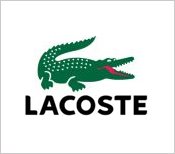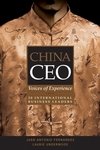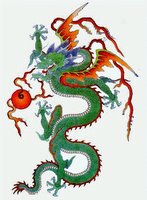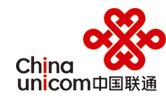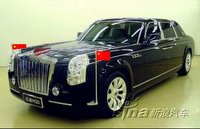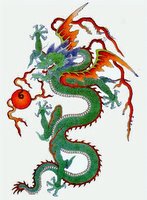Luke Minford, country manager of Rouse & Co. International in Beijing, gave a presentation about the options available other than litigation. Minford started with saying that the cause of the counterfeit problem in China is as much about corporate failure as it is about Chinese institutional failure:
“There are many rights owners, both here and abroad, who take the view that China is largely at fault for the rampant problem of IPR infringement. Granted, many of these problems stem from a combination of factors such as cheap labour supply, uneducated workforce, huge market potential and a people that have only recently (since 1982) been introduced to the concept of private intellectual property rights ownership. However, it is equally important to understand the corporate strategies of the early to mid nineties, and the impact that these strategies had on their intellectual property rights.” Read what the corporate world did wrong here.
Before a company even start thinking about doing business in China it should analyse its particular situation. So investing in quality information before they respond is important. Then, in order to select the appropriate enforcement option, they should first understand the nature and scale of the problem.
Nature of the problem
Minford recommends companies to question themselves if they are dealing with counterfeit or look-alike; sophisticated or low grade copie; if they use expensive moulding and if special technology is required? Are there consumer safety issues involved? Does the company want to serve overseas markets or the local market?
Scale of the problem
To understand the scale of the problem they should ask themselves:
Has a factory and/or market survey been done?
What is the source of the information?
What kind of distribution? Mass market distribution or via a specialist distribution channel?
According to Minford it can take about 3-4 weeks from the time your product first enters the market, for the counterfeit equivalent to reach the market. However, if we compare it to 1,000 pairs of counterfeit Nike shoes in 10 days for US$ 4 a pair that time frame is quiet conservative, read more here.
When you have a clue about the nature and scale of the problem you can start selecting the appropriate enforcement option.
Administrative enforcement
Advantages: Simple, quick, cheap
Investigation to gather evidence of infringement
(1-2 days)
Submission made to relevant authority
(1-2 days)
Authority conducts inspection (raid)
(1-4 months)
Authority issues punishment & destroys goods
Disadvantages:
Low deterrent value
Resources “stretched”
Local protectionism is an issue in some area’s; AIC’s have a conflict of interest, on the one hand they are rewarded for economic growth, on the other, they have to enforce against infringement; the administrative review process has reduced the willingness of authorities to act in borderline cases; in some cases administrative enforcement is an overused and anticipated remedy.
Administrative remedies are appropriate when the objective is to keep a lid on infringement at market & distribution level or when the objective is to operate as a pre-trial remedy. Administrative decisions can be used as evidence in litigation, as Connie Carnabuci already has mentioned.
Mediation
Complex, easily misconstructed;
Tactics are key;
AIC involvement possible;
Allows for creative solutions.
Mediation is often unsophisticated, but this route is growing for trademark disputes;
AIC can play a key rolel
With growing scale of more sophisticated passing off actions, mediation will be required.
Border control
Good organization vital;
Random results;
Can have huge deterrent impact;
Training essential;
Trans national needed.
Read more about customs as an inexpensive and effective alternative to litigation here.
Holistic approach
Minford advocates a holistic strategy, whereby you know your way in different jurisdictions. If a counterfeit product is just out of the factory it’s value is marginal, but when it has been packaged and distributed over great distances it can substantially increase in value. Minford argues it’s better to wait to seize counterfeit products when they have added value to such an extent that it will really hurt the counterfeit producer and distributor.
Criminal prosecution
Complex & expensive;
Evidence value high;
Usually very strong deterrent;
Need business support;
The burden is on the rights owner to investigate and satisfy that the thresholds will be met.
Strengthening of case transfer procedures (public prosecution), but private prosecution more common;
Intense pressure on Public Security Bureau resources means lobbying often required—consider involving embassy; If there is an official request of the embassy, the police has to do something;
Criminal prosecution difficult to control initiated, so properly brief PR/business;
Be sure that the counterfeiter or accomplice is not your own employee.
Civil and Criminal enforcement can be used as a strategic tool for protection of key IP, market, location etc.
Cease and desist letters can be effective, but industry and location play a key role
Various ‘add ons’that can make warnings effective e.g. copying AIC, attaching local decisions, threat of media.
IPR in China Conference, London Part I
IPR in China Conference, London Part II
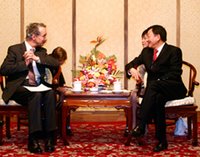 Luan Shanglin wrote for Xinhua Sino-German Memorandum on Strengthening the IPR Protection Cooperation Inked.
Luan Shanglin wrote for Xinhua Sino-German Memorandum on Strengthening the IPR Protection Cooperation Inked.
